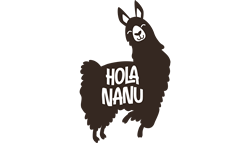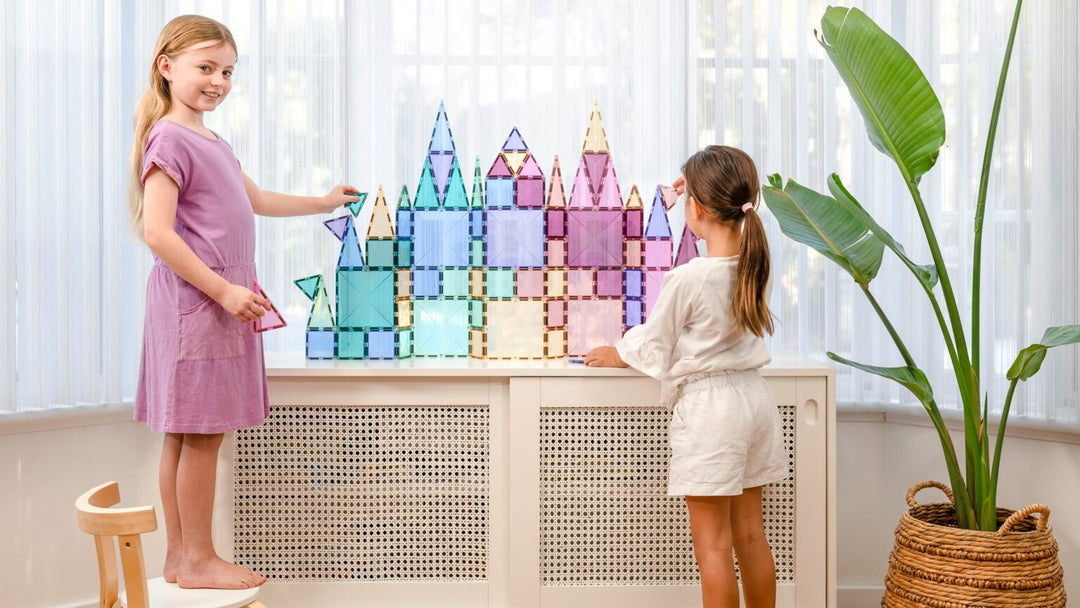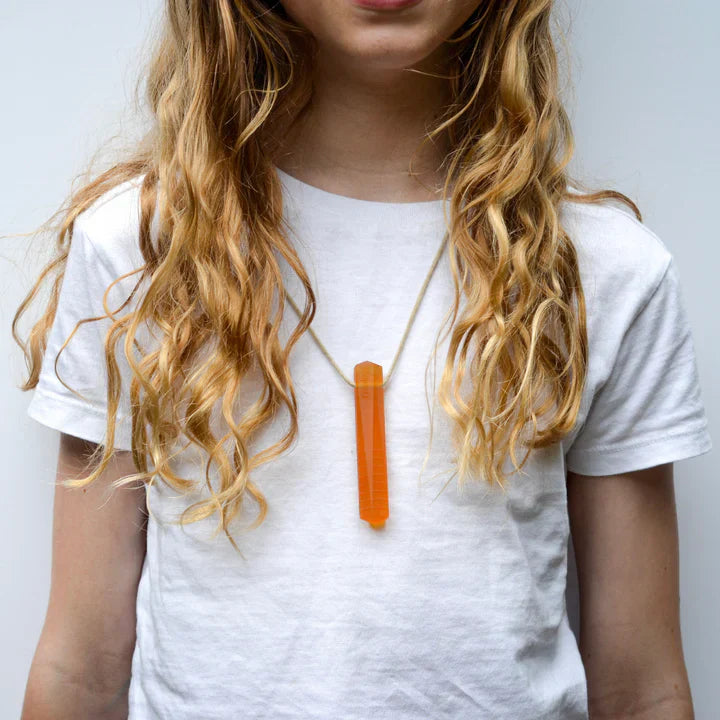10 Activities To Develop Fine Motor Skills
I am a strong advocate for providing children with ample opportunities to develop their fine motor skills to give them every chance of success in their everyday and school life.
What are fine motor skills?
Fine motor skills are essential for performing everyday skills. They involve the use of the fingers, hands, and arms for reaching, grasping, and manipulating objects. Fine motor skills are used when children play, perform daily self-help tasks, or participate at school as students when they write and even when they need to open their lunch box.
Why is fine motor development so important?
Just like other areas of development, a child’s ability to successfully use their hands is influenced by hands-on, active experiences. Due to this, parents and caregivers can help minimise or eliminate future difficulties with children’s fine motor skills by involving them in activities that are meaningful and fun!
Importantly, research indicates “fine motor skills were a very strong and consistent predictor of later achievement” (Grissmer et al. 2010). These results suggest that fine motor (and early mathematical skills), measured at kindergarten, are important developmental skills that predict later achievement in all areas of schooling (Pagani, L.S. and Messier, S., 2012).
How can I help my child develop their fine motor skills?
With opportunities imbedded in their day, children increase the refinement of their fine motor skills. Early mathematics skills, another important foundational skill, such as colour sorting & patterning, counting and visual discrimination, can all be incorporated into the following 10 activities.
Below you will find a variety of fun, hands-on fine motor activities that can be incorporated throughout the day to provide children the opportunities to work on fine motor skills, as well as strengthening their brain development and supporting their cognitive growth.
- Playdough
When children roll, squish, squeeze, press and cut playdough, not only is it great for their fine motor development, but for sensory input and emotional regulation too.
You can offer playdough on its own, or add in some tools for more fun! Cutters, rolling pins, loose parts, and even scissors can make for some extra fun playdough play whilst working on those all-important fine motor skills.
- Drawing
From those first marks on paper, to more intricate designs, drawing does wonders for fine motor development. It is also the beginning form of writing for our little ones and is a beautiful form of communication.
There is an abundance of options available for our little ones when it comes to drawing tools to suit their little hands. From thick, chubby markers, pencils and even chalk, to the regular, thinner pencils, markers and pens.
Let’s not forget about painting here too. There are many size options when it comes to paint brushes too, just as there is in what sorts of paints we offer.
Bonus points if you offer drawing or painting on a vertical surface! It works those fine motor muscles even more. Painting with water on a fence or wall? Yes please! It’s mess free and offers so many benefits for our little ones!
- Sensory Play
When children engage in sensory play, they are developing their fine motor skills by squeezing, pinching, scooping, pouring and grasping objects. It also strengthens brain development and supports cognitive growth.
Sensory play does not have to be fancy. Plain old water together with some basic tools (measuring cups, funnels, spoons etc) is a perfect starting point. If the thought of messy play worries you, try offering it outside, or place a large sheet underneath the play area.
When you’re feeling more confident, the sensory base options are endless! Chocolate dirt or mud, coloured water or oobleck, lentil foam, sand, seeds and many, many more!
Don’t forget, playing in the sand at the beach, in the dirt or mud, or even in the bath, counts as sensory play. Have you ever considered offering some kitchen measuring cups or funnels in the bath? The kids love it! A few drops of food colouring in there too is even more fun!
- Transferring
Using tongs and tweezers helps our little ones develop muscle control, coordination and their fine motor skills. Children can use the tongs or tweezers to transfer items from one place to another.
Children can sort objects by colour, size or shape, or count items as they go. Here’s where more mathematical concepts come into play – literally!
Coloured counters come in all shapes and sizes now, and paired with some coloured plates or trays make for a simple yet fun and educational sorting activity.
Writing and counting trays combined with some tongs or tweezers and some loose parts makes for a fun and simple counting activity.
- Cutting
The continuous motion of opening and closing their hand when cutting is great for fine motor development. It also develops their bilateral coordination (being able to use both sides of the body at the same time) and eye-hand coordination.
There are many different scissor options available, just as there are many ways you can offer them. Scissors and playdough or clay is a favourite here, but equally loved is simply cutting paper as they please! As they become more confident, you can offer lines and shapes to cut too.
- Dressing Dolls
Buttoning those tiny buttons, pushing tiny arms and legs through, and clicking together those snaps are all fine tuning those fine motor muscles! Not to mention building their resilience, patience and care for self and others.
My boys love their dolls, especially changing their outfits, and strapping them into a stroller for their pretend play trips to the shops!
- Lego
Lego is excellent for working on fine motor skills as it develops grasp along with intrinsic hand strength having to push them together and pull them apart. It also improves eye-hand and bilateral coordination.
- Stickers
Stickers are wonderfully fun for kids! Plain old regular stickers and sticker books are great! If your little one is struggling with peeling the stickers, try removing the backing paper, leaving only the stickers behind. This makes it much easier for children to peel the stickers off.
Dot stickers are my personal favourite. You can offer colour matching activities with them by marking different colours onto some paper and having your little one place the corresponding colour dot onto the mark. You can also write their name and have them cover the letters with dot stickers. Or how about writing letters on the stickers and having them make words, or writing numbers and having them place them in the correct order.
- Kids in the Kitchen
The best fine motor activities are always practical life or everyday life activities. Knife skills (yes, you heard that right), are a great example. Using a knife is yet another way to develop fine motor skills. Kids also love being a part of our everyday activities and love to feel included and independent. There are amazing child safe knife options available now. Always model safe knife behaviour and use.
- Puzzles
Children refine their fine motor and eye-hand coordination skills as they manipulate puzzle pieces to put the puzzle together. They develop their fine motor skills by grasping and moving the puzzle pieces with precision. Puzzles also help children to build their resilience and patience, as they can be quite tricky at times!
We are so lucky to have such amazing puzzles on offer for all ages and stages of development. I always suggest offering good quality puzzles as they are much easier for our little ones to manipulate and piece together.
I hope this has given you more information and some ideas on different activities to offer to help build those essential fine motor skills whilst having fun, and maybe even learning some early mathematic skills too!
Enjoy!
Written by Cass at Teach Make Play for Hola Nanu
References
Grissmer, D., Grimm, K.J., Aiyer, S.M., Murrah, W.M. and Steele, J.S., 2010. Fine motor skills and early comprehension of the world: two new school readiness indicators. Developmental psychology, 46(5), p.1008.
Pagani, L.S. and Messier, S., 2012. Links between motor skills and indicators of school readiness at kindergarten entry in urban disadvantaged children. Journal of educational and developmental psychology, 2(1), p.95.






Leave a comment